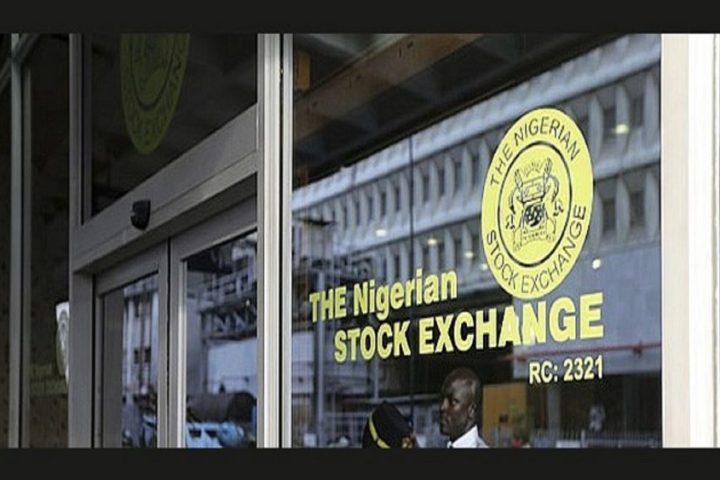In a turn of events on February 1st, a site-wide electricity failure struck BP’s Whiting refinery in Indiana, dashing hopes for an early rally in crude prices.
The shutdown, prompted by safety concerns, dealt a significant blow to portfolio investors who were banking on a tightening supply scenario.
Join our WhatsApp Channel“This outage is a setback,” remarked John Smith, a senior analyst at Energy Insights. “Investors were gearing up for a squeeze on deliverable supplies, but the unexpected closure has shifted sentiment.”
The Whiting refinery, the largest in the U.S. Midwest, processes over 400,000 barrels per day, playing a crucial role in regional crude consumption. With its operations halted for safety checks and restart processes, fears of surplus crude accumulation loom large, especially around the NYMEX delivery point at Cushing, Oklahoma.
READ ALSO: US Election: Mike Gallagher Set To Exit From Congress After Refusing Re-election
Prior to the outage, dwindling inventories at Cushing had fueled optimism among investors. “We were expecting a supply crunch,” said Sarah Johnson, a hedge fund manager. “But now, with the refinery offline, the narrative has changed.”
Hedge funds wasted no time adjusting their positions. Over the course of seven days ending on February 6th, they offloaded the equivalent of 86 million barrels in key petroleum-related futures and options contracts. Particularly heavy selling was witnessed in NYMEX and ICE WTI, as well as Brent, as fund managers braced for an influx of crude into the market.
The setback at Whiting also reverberated in the refined fuels market. Despite disruptions in fuel production, fund managers refrained from fresh buying of U.S. gasoline and diesel futures, opting instead to cash in on previous bullish positions.
Meanwhile, in the U.S. natural gas market, mild weather and swelling surplus stocks dashed hopes for an early rebalancing. Hedge funds, grappling with the persistent oversupply, were forced to retreat once again, marking the third failed attempt to build a bullish position since mid-2023.
With inventories remaining stubbornly high and prices at historic lows, the message is clear: production must slow, and consumption needs a boost to alleviate the burden of excess supply.
Emmanuel Ochayi is a journalist. He is a graduate of the University of Lagos, School of first choice and the nations pride. Emmanuel is keen on exploring writing angles in different areas, including Business, climate change, politics, Education, and others.


















Follow Us